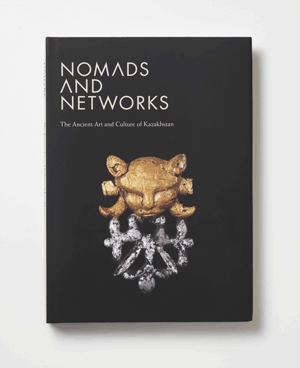My name is Luke Williams and for the past few years I have been one of those “unnamed prosecutors” contributing to L&J for Y’all. I look forward to continuing to contribute to this blog. IMO, Brandon does an good job of ferreting out important cases for us to write on and I’ve enjoyed working with him on this blog.
Now on to the case de jure….Tha Dang Nguyen v. State.
Section 3.03(b)(2)(B) of the Texas Penal Code authorizes consecutive sentences when the State convicts a defendant of multiple sex crimes arising from the same criminal episode. An interesting situation occurred when Appellant was charged in two separate indictments with aggravated sexual assault and sexual assault of two of his daughters. While the initial charges fell under Section 3.03(b)(2)(B), Appellant pled guilty to two counts of injury to a child (not a sex offense). He received a five year deferred adjudication sentence. Five months after he was placed on community supervision, the State filed a motion to revoke based on a violation of the “no contact” condition. The Judge revoked Appellant’s community supervision and sentenced him to 10 years confinement in each of the two cases, to run consecutively. Appellant appealed the sentence, arguing that Section 3.03(b)(2)(B), authorizing consecutive sentences in sex crimes cases, did not apply to his convictions because he had not been “formally” convicted of a sex offense.
The primary language at issue in the case was the portion of Section 3.03(b)(2)(B) that stated:
“(B) for which a plea agreement was reached in a case in which the accused was charged with more than one offense.”The State argues that this provision, by its plain language, permits the trial judge to impose consecutive sentences for multiple nonsexual offenses if the defendant was originally charged with qualifying sexual offenses. Appellant argued that because 3.03 (b)(2)(A) excludes any nonsexual offense, the legislature never intended to authorize consecutive sentences for nonsexual offenses.
The Texas Court of Criminal Appeals held that the statutory language of Section 3.03(b)(2)(B) was ambiguous as to the specific issue brought up by Appellant’s case. Finding that the language of the statute was ambiguous, the Court looked to the legislative intent behind passing Section 3.03(b)(2)(B). The Court explained that,
the history shows that the legislature enacted this provision to ensure that defendants who, pursuant to a plea bargain, are placed on deferred adjudication for certain sex offenses are subject to the same requirements, disabilities, and punishments that had previously been applied only to those formally ‘convicted’ of a sex offense.This case showed the willingness of the CCA to read a statute as a whole and to look to the legislative intent of the entire section vice a small portion. In the law, as in politics and elsewhere, a sentence or two taken out of context can be a dangerous thing.
The “charged with” language could have been easily misconstrued by isolating only subsection (B) and reading it apart from the rest of Section 3.03. It can also be misconstrued to not only read it in isolation, but to ignore the legislative intent behind the statute in the first place. Like anything, small snippets of statutes can be isolated and taken out of context. The State tried to capitalize on another poorly worded statute but the CCA looked past that argument to determine the meaning of 3.03 as a whole.
Finding that Section 3.03(b)(2)(B) refers only to plea bargain agreements resulting in convictions for child sex offenses, the CCA agreed with the Court of Appeal’s decision to modify the trial court’s judgment and ordered Appellant’s sentences on his two convictions for injury to a child to run concurrently.
If you’d like more information about me or my practice, you can find it here: http://www.law4dfw.com/.








